
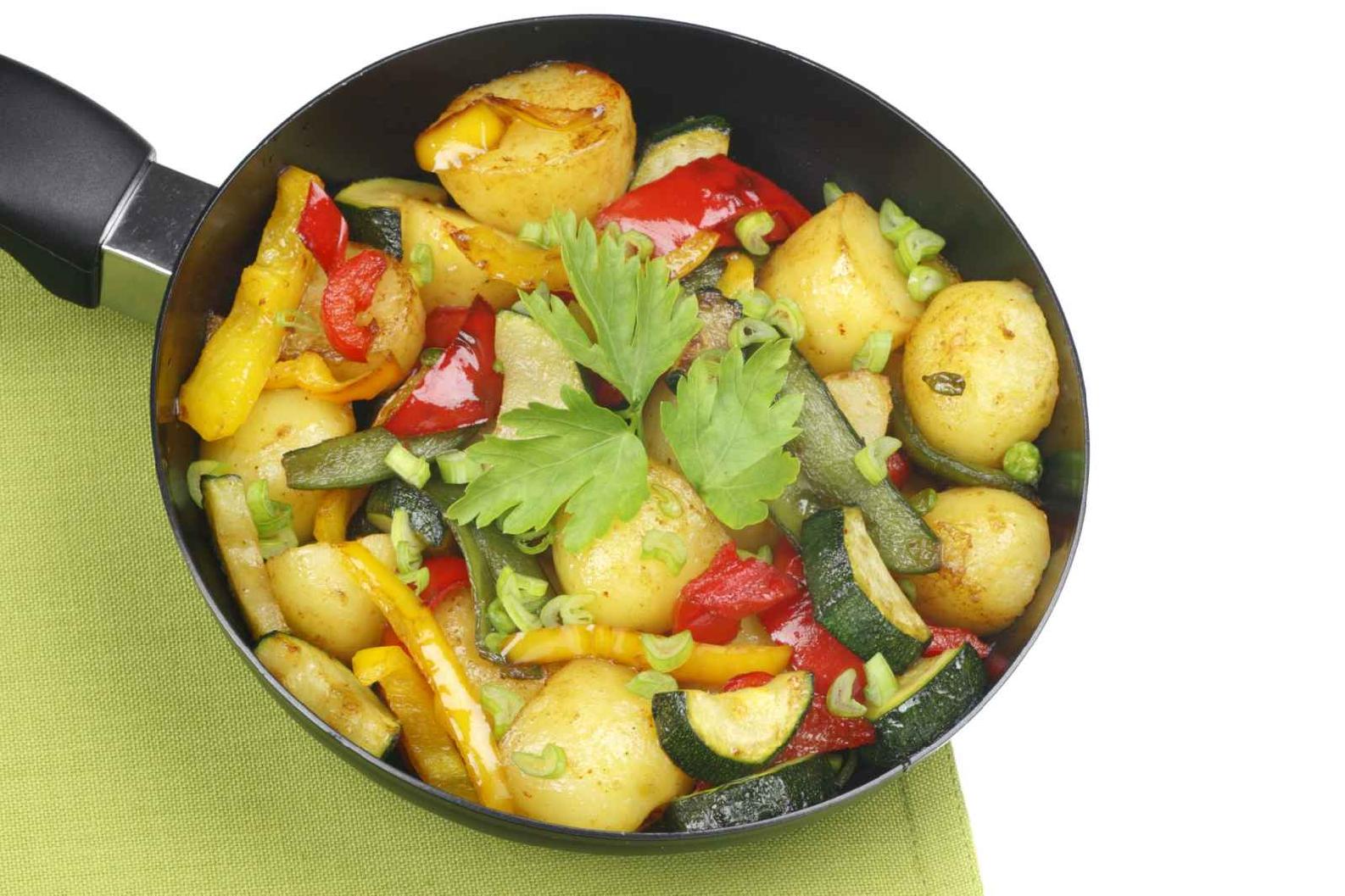 PLANT-BASED DIETFOR BEGINNERSQuick & Easy Recipes for a Healthy,Plant-Based Lifestyle | With MealPlan & Shopping ListsSandra Schumer
PLANT-BASED DIETFOR BEGINNERSQuick & Easy Recipes for a Healthy,Plant-Based Lifestyle | With MealPlan & Shopping ListsSandra Schumer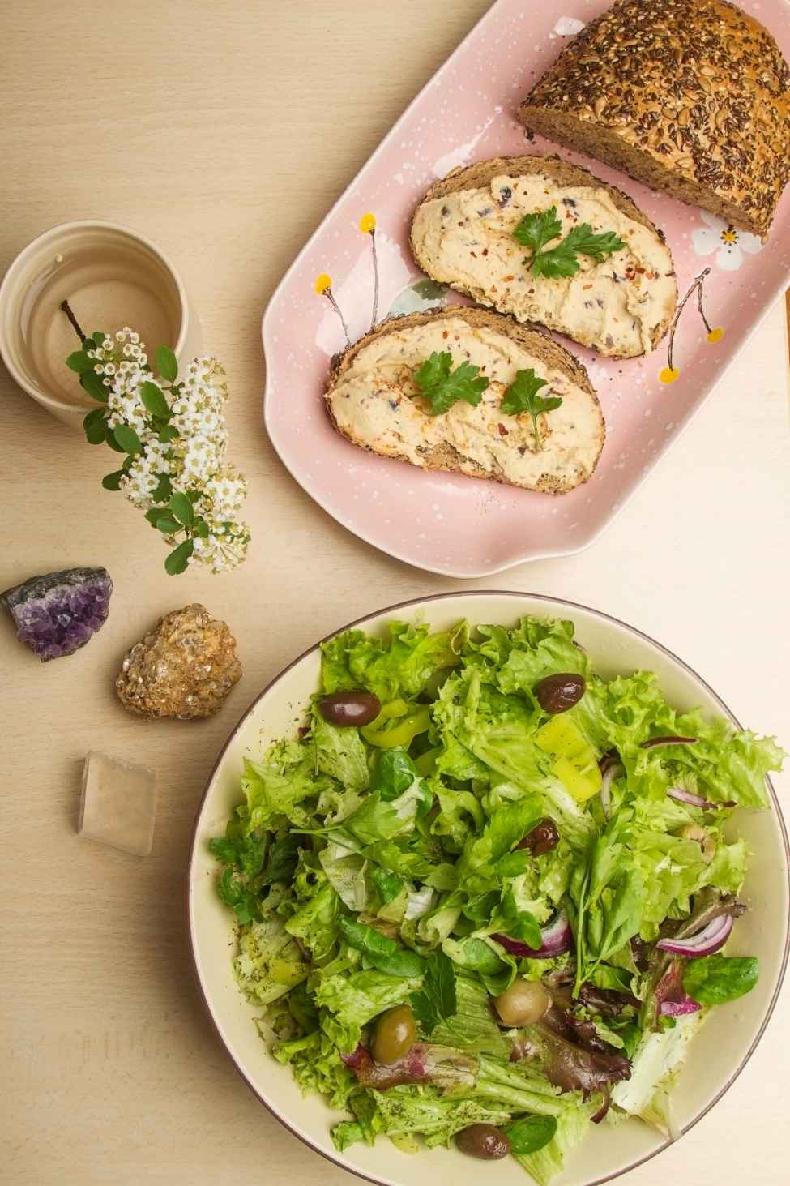 Copyright @2020. All rights reserved. No part of this book may be reproduced, stored in a retrieval system, or transmitted in any form or by any means (mechanical y, electronical y, photocopying, recording, etc) without the prior written permission of the publisher. Additional y, the purchase of this material entitles the buyer to reproduce worksheets for home or classroom use only - not for commercial resale. Reproduction of this book for an entire school is highly prohibited. Printed in the U.S.A.
Copyright @2020. All rights reserved. No part of this book may be reproduced, stored in a retrieval system, or transmitted in any form or by any means (mechanical y, electronical y, photocopying, recording, etc) without the prior written permission of the publisher. Additional y, the purchase of this material entitles the buyer to reproduce worksheets for home or classroom use only - not for commercial resale. Reproduction of this book for an entire school is highly prohibited. Printed in the U.S.A.
Contents 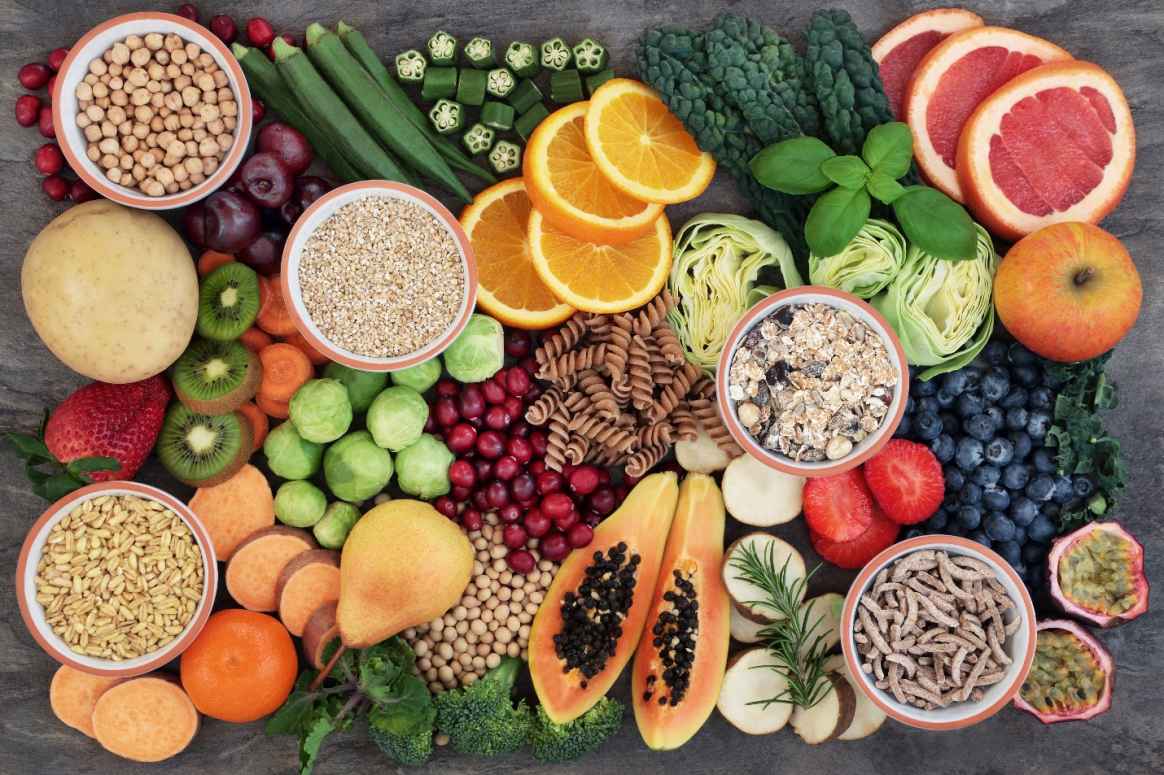 IntroductionWhy Plant-Based Diet?The Miracle of Real Food Today, food is usually easily available throughout the year. This means most of us don't have to hunt or scavenge for it. For this same reason, we consume much more food than we actually need. On top of that, what we consume is laden with sugar, salt, and trans fats. Modern farming methods have made food available throughout the year but this comes with a price to grow abundantly and constantly, ie to be cheap and available, commercial crops are heavily fertilized and hybridized. This not only makes the food less nutritious; it sometimes makes it very toxic.
IntroductionWhy Plant-Based Diet?The Miracle of Real Food Today, food is usually easily available throughout the year. This means most of us don't have to hunt or scavenge for it. For this same reason, we consume much more food than we actually need. On top of that, what we consume is laden with sugar, salt, and trans fats. Modern farming methods have made food available throughout the year but this comes with a price to grow abundantly and constantly, ie to be cheap and available, commercial crops are heavily fertilized and hybridized. This not only makes the food less nutritious; it sometimes makes it very toxic.
Besides, over the years, the chemicals used in modern agriculture have contaminated the soil so much that the crops produced are not nearly as nutritious as they should be. This is why so much of the food we eat has to be "fortified" with vitamins and minerals. What this means is that although a plant-based diet is a preferred way of eating, it is not necessarily much healthier than a diet based on meat. Just like animals raised for meat, dairy, and eggs are treated with antibiotics and growth-hormones, plant-based foods are treated with pesticides and herbicides. But, even so, a plant-based diet is considered much healthier than a diet based on animal protein. However, whether we talk about plant-based or omnivorous diet, there is a major distinction between real and processed food.
About 70% of the food we eat (particularly in developed countries) is processed. Why is this so bad? Mainly because processed foods rely heavily on salt, nitrates, sugar, trans fats, and certain chemicals for preservation and flavor improvement. Recent findings show that eating processed meats, eg salami, sausage, hot dogs, hamburgers, etc increases your chance of heart disease by 40% and of diabetes by about 20%. On the other hand, eating unprocessed meat, eg steak, roast, etc is not associated with increased risk of any disease, if eaten in moderation. What makes processed food so unhealthy is that it usually has its natural composition altered, either to improve its taste and appearance or increases its shelf life. 6 Reasons Processed Vegetarian Foods AreBad for You: 1. 6 Reasons Processed Vegetarian Foods AreBad for You: 1.
To make it tasty and appealing, processed foods usually contain a lot of sugar, artificial sweetener or salt. Plus, flavor- and color-additives. 2. To make sure that processed foods contain at least a minimal amount of nutrients, they are often fortified, ie they have synthetic vitamins and minerals added to them. The trouble is, these synthetic supplements cannot be absorbed by the bloodstream and can even clog the digestive tract. 3.
Some foods have to be "irradiated" to destroy the bacteria and extend the shelf life. However, such food is usually "dead" so when you eat it all you get is empty calories. 4. Processed foods are usually prepared by cooking in the oil rich in polyunsaturated fats which can damage your cell membranes. 5. Some types of processed foods are pre-packaged and all you have to do is pop them in a microwave.
This way of cooking destroys the few enzymes that may have remained in the food. The "real" food, on the other hand, not only retains its natural composition and is free of artificial additives, it has also not undergone any processing or is minimally processed. This means it still contains vitamins, minerals, fatty acids, enzymes, probiotics, and all the other nutrients that make a food nutritious. Unfortunately, avoiding processed foods is not easy. We are all very busy and stressed, and processed foods are much easier to prepare and often offer instant comfort. Eating it occasionally is OK, but if this kind of food is your staple diet, then it's only a matter of time before your body starts showing the first signs of neglect.
So, real food is a natural food and it's even better if you can get organically grown food or if you can grow your own (at least some of it). So, in conclusion, for food to be nourishing on the physical, mental and spiritual level, it needs to be unprocessed and free of chemical additives. It is this food that our digestive system finds easy to absorb and process. 11 reasons why real food is good for you: 1. It's rich in nutrients 2. It's low in sugar 3.
It's low in salt 4. It's high in fiber 5. It's high in healthy fats 6. It contains antioxidants 7. It's good for your gut 8. It protects your heart 9.
It helps you maintain healthy blood sugar levels 10. It helps you lower triglycerides 11. It improves your skin Now, let's look at why processed food is bad for you. 1. It's low in healthy fats 2. It's rich in trans fats 3.
It's low in micronutrients 4. It's rich in emulsifiers 5. It's rich in salt 6. It's rich in nitrates 7. It's rich in ethanol 8. It's rich in fructose 9.
It's low in fiber 10. It's over-processed 11. It's directly linked to most of the diseases of civilization, e.g. cancer, stroke, heart attack, diabetes, obesity, hypertension, autoimmune disorders, etc. Although we do not know what exactly makes processed foods unhealthy, it is probably a combination of refined flour, too much salt and sugar, too much trans fats, sedentary lifestyle, stress, polluted environment, toxins in foods, etc. Not to mention food engineering experiments.
Is it surprising then that we have become so unhealthy and that as quickly as our standard of living improves, so does our health deteriorate. What to Eat and What to Avoid on aPlant-Based Diet Generally speaking, a plant-based diet is as much about food as it is about lifestyle. This diet usually focuses on whole foods that come from plants. Depending on where you live, a plant-based diet may mean different things, but it usually revolves around healthy eating habits and vegan foods that include: Vegetables, e.g. spinach, kale, tomatoes, cauliflower, peppers, cabbage, squash, potatoes, etc. Whole grains: oats, brown rice, quinoa, barley, etc.
Legumes: chickpeas, peas, lentils, beans, peanuts, etc. Plant-based protein, e.g. tempeh, tofu, etc. Nuts and nut butters Seeds Fruits Plant-based oils Spices and herbs, e.g. oregano, turmeric, black pepper, garlic, etc. tea, coffee, water, etc. tea, coffee, water, etc.
How far you want to go, i.e. how clean you want your diet to be, is up to you. But most people who follow a plant-based diet do this for health reasons and will usually refrain from the following foods: Fast foods Sugary foods and beverages Refined grains, eg white rice, white bread, refined pasta, etc Packaged foods, biscuits, cereals, etc However, being on a plant-based diet does not mean you should stick to a vegan eating plan. Most of your diet should revolve around vegetables, whole grains, and vegetable protein but there's no harm in occasionally having eggs, dairy, or even a pizza. If you eat healthy 80% of the time, you're doing well. Still, although this diet does not need to be very strict, there are foods you should try to eat more than others.
Next page

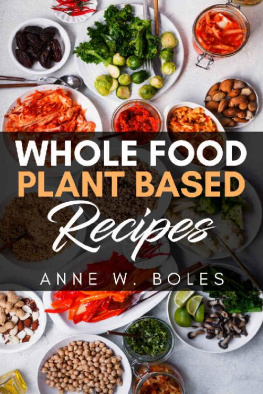
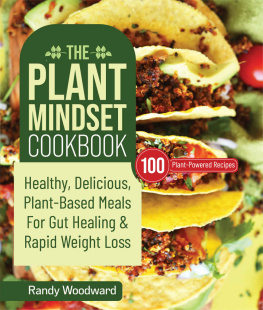
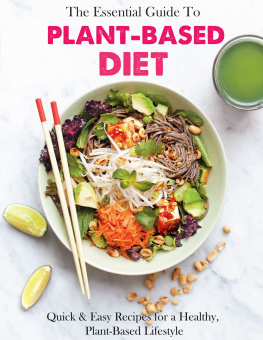
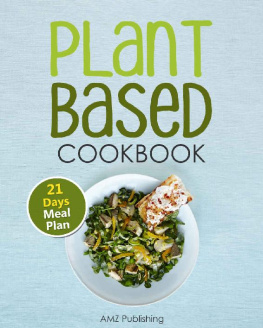


 PLANT-BASED DIETFOR BEGINNERSQuick & Easy Recipes for a Healthy,Plant-Based Lifestyle | With MealPlan & Shopping ListsSandra Schumer
PLANT-BASED DIETFOR BEGINNERSQuick & Easy Recipes for a Healthy,Plant-Based Lifestyle | With MealPlan & Shopping ListsSandra Schumer Copyright @2020. All rights reserved. No part of this book may be reproduced, stored in a retrieval system, or transmitted in any form or by any means (mechanical y, electronical y, photocopying, recording, etc) without the prior written permission of the publisher. Additional y, the purchase of this material entitles the buyer to reproduce worksheets for home or classroom use only - not for commercial resale. Reproduction of this book for an entire school is highly prohibited. Printed in the U.S.A.
Copyright @2020. All rights reserved. No part of this book may be reproduced, stored in a retrieval system, or transmitted in any form or by any means (mechanical y, electronical y, photocopying, recording, etc) without the prior written permission of the publisher. Additional y, the purchase of this material entitles the buyer to reproduce worksheets for home or classroom use only - not for commercial resale. Reproduction of this book for an entire school is highly prohibited. Printed in the U.S.A. IntroductionWhy Plant-Based Diet?The Miracle of Real Food Today, food is usually easily available throughout the year. This means most of us don't have to hunt or scavenge for it. For this same reason, we consume much more food than we actually need. On top of that, what we consume is laden with sugar, salt, and trans fats. Modern farming methods have made food available throughout the year but this comes with a price to grow abundantly and constantly, ie to be cheap and available, commercial crops are heavily fertilized and hybridized. This not only makes the food less nutritious; it sometimes makes it very toxic.
IntroductionWhy Plant-Based Diet?The Miracle of Real Food Today, food is usually easily available throughout the year. This means most of us don't have to hunt or scavenge for it. For this same reason, we consume much more food than we actually need. On top of that, what we consume is laden with sugar, salt, and trans fats. Modern farming methods have made food available throughout the year but this comes with a price to grow abundantly and constantly, ie to be cheap and available, commercial crops are heavily fertilized and hybridized. This not only makes the food less nutritious; it sometimes makes it very toxic.